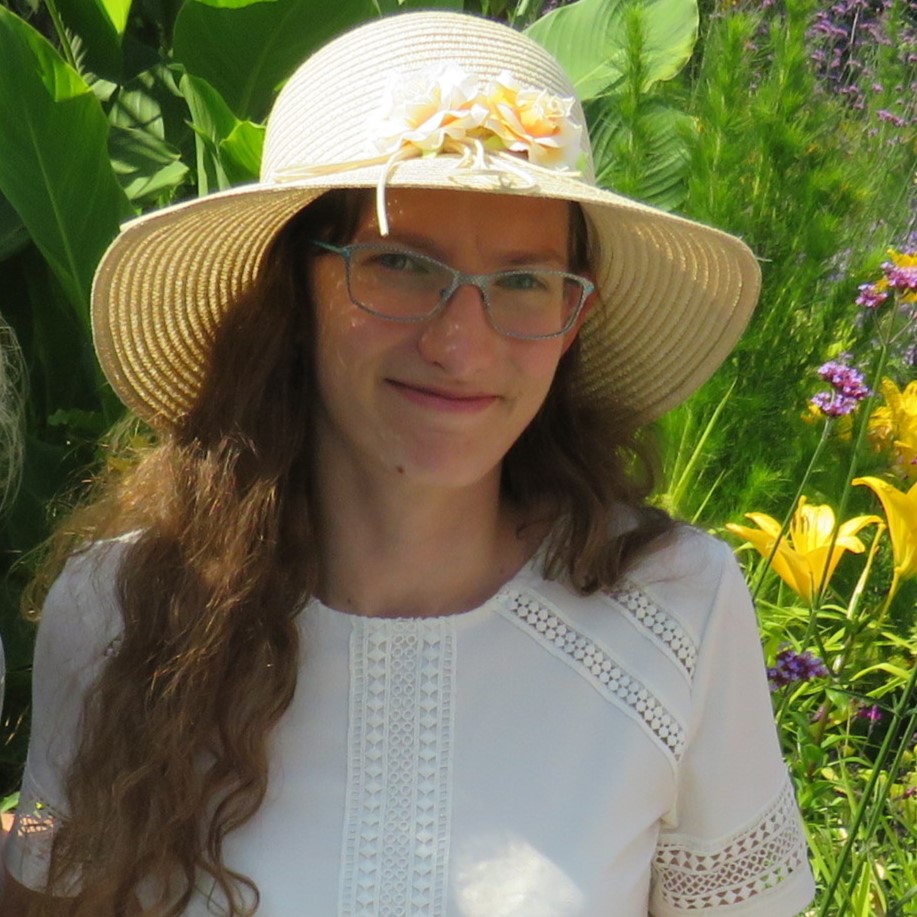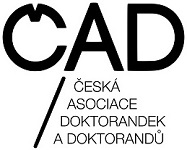Interview with doctoral researcher Anežka Matěnová
Next in our series of mini-interviews with fellow doctoral researchers is an interview with Anežka Matěnová from the Department of Germanic Studies of the Faculty of Arts at Charles University.

- Why did you go for your PhD and what are you doing?
Already at the very beginning of my studies, I realised that I was most interested in the academic tasks – in my case, it is the critical reflection of literature as a societal and cultural phenomenon. I felt a need to „go further“ and look for new intriguing topics and interpretation angles.
My field of expertise is Nordic literature studies. More specifically, I’m examining irony in Henrik Ibsen’s dramas. Basically, I’m interested in two things. Firstly, how irony works as a tool that can (more or less explicitly) make the reader distance themself from a certain thought. Secondly, which ideas or concepts Ibsen undermines, and why does he do it in such a clever manner?
- What problems and challenges does doctoral study bring, what motivates you in your work?
Talking about the financial situation of Ph.D. students, especially in humanities, would surely be a waste of time. Finding enough time next to my day job to do systematic, high-quality work on my PhD is definitely a challenge.
In addition, I suffer from professional isolation. As the only Ph.D. student at Nordics Studies (which, of course, is also one of the many impacts of low funding), I attend the PhD. seminar for Germanists. Profesionally speaking, it’s very good, but socially speaking, it’s a disaster: it takes place online, so no chatting or coffee is possible. In order not to forget my Danish completely, I’ve enrolled in a Danish language class for third-year students. So, on a regular basis, I only meet third-year students of Danish. All lovely people, but I also long for colleagues and a Ph.D. community.
But the most difficult thing for me is the lack of prospects. Knowing there would be no place at the faculty for me when I’m finished, it is clear that I will have to move abroad or do something different when I’m finished. It feels like I cannot put my skills to use here.
What helps me when I’m down is reminding myself why I’m doing the whole thing. For instance, reading a great academic book. Then I feel like: Yeah, it still makes sense, and high quality humanities still exist, although it is almost underground. In the light of populism and extremism on the rise and media literacy in decline, in a world of popculture, we need critical thinking and diverse culture all the more. Without it, we would soon turn into Hungary.
Besides, things such as conferences, going abroad, cultural events, or meeting inspiring people are what motivate me. As I sometimes say, academia pays me in naturalia ☺.
- Why did you join ČAD?
I’m deeply grateful to ČAD for bringing Ph.D. students together, trying to improve their working conditions and passing over their experience to newcomers. I am convinced that it is only by sharing and being active that we can save our Ph.D. ship from entirely sinking.
